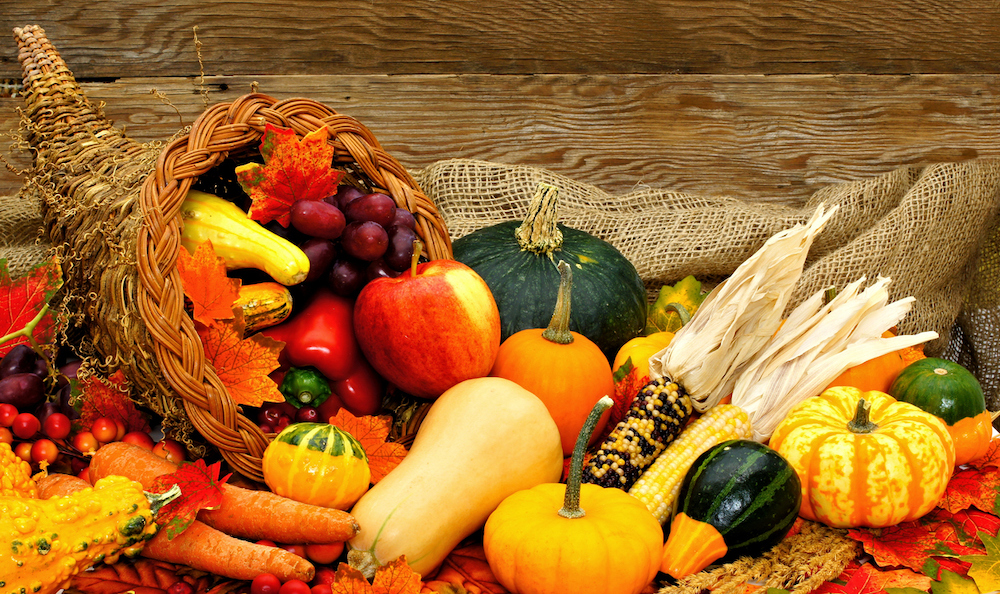With Thanksgiving just around the corner, I did a little research about the first Thanksgiving, which took place exactly 400 years ago. According to letters written by pilgrims to their relatives in England, it’s clear that Thanksgiving Day is about more than giving thanks for blessings received.
It’s also about celebrating friendships between people with very different cultures who were able to come together for the common good — a lesson that our world is desperately in need of today.
In a letter written in 1621 from Lizzy to her Aunt Constance, the young pilgrim described how a native named Samoset arrived in their camp. Although the pilgrims were initially frightened, the native surprised them by speaking English, which he had learned while fishing with Englishmen further North.
Samoset not only welcomed the immigrants, but he returned the next day with another native named Tisquantum who, according to Lizzy, spoke even finer English. According to this young pilgrim, these men were a great blessing.
She explained that they taught the pilgrims how to fish, where to find the best places to plant crops and introduced them to a new type of corn. Lizzy closed her letter writing, “I fear that we would not have survived here were it not for the help of Tisquantum and others.”
Another account describes how Samoset was sent to the English by a Wampanoag chief to find out why the “coat-men” came and to see if they intended to live among them in peace.
It seems we have much to learn from these Native Americans. Not only did they learn the language of the foreigners, but they sent an emissary to determine if the newcomers intended to live in peace. The natives could have attacked them just as easily, but they chose to listen before resorting to violence, and as a result, an alliance was created that we celebrate to this day.
I find it ironic that modern civilization prides itself on its advancements but can’t seem to appreciate and learn from people who are different. The polarization that is dividing our world, our country and even our Church continues to deepen.
When people with differing political and religious ideologies lash out against the other, the Body of Christ continues to bleed from self-inflicted wounds, which is anathema to everything that Christ taught.
As Christians, we believe in a God who was humble enough to bridge the divide between heaven and earth, between humanity and divinity. Our God donned a human nature, lived among us and spoke a universal language of love, which he taught to everyone, regardless of race, color or creed.
However, for us to be able to access this language, we need to look beyond the confines of our own narrow hearts, beyond the security of power and possessions, the safety of our own intelligence and the false peace acquired through military strength. To learn how to do this, we need to look at Jesus who was equal to the Father yet became poor so that we might become rich.
Jesus told us that the poor are blessed and that the peacemakers would inherit the Earth. He said that the pure of heart would see God, and that those who mourn would laugh. So, what does that say about us when we resort to disparaging those who are different?
Though the Wampanoags presumably had not heard about Jesus, they seemed to understand his teachings better than many of us who profess to be Christians. It may seem like a conundrum, but perhaps no more so than the fact that the God chose lowly shepherds to be the first to worship his son and that Jesus chose a Samaritan woman to announce to the people of her village that she had seen the Messiah.
Indeed, God’s ways are not our ways, which is why God continues to choose the most unlikely to mirror the face of God.
When we consider how God measures success and goodness, blessings and woes, let us seek to discover God in the poor and marginalized. As we gather during this holiday season, may we thank God for the least among us who teach us lessons that can only be learned when we recognize the person of Christ in them.
The real story behind the first Thanksgiving is that knowingly or unknowingly, the early pilgrims experienced the presence of God in their new neighbors, whose hospitality transcended human grievances, showing by example what it means to build the kingdom of God on Earth.
This Thanksgiving, as we offer prayers of gratitude, let us ask God to help us shed the blinders of prejudice, ignorance and greed so that peace may reign in our hearts and in the world!

